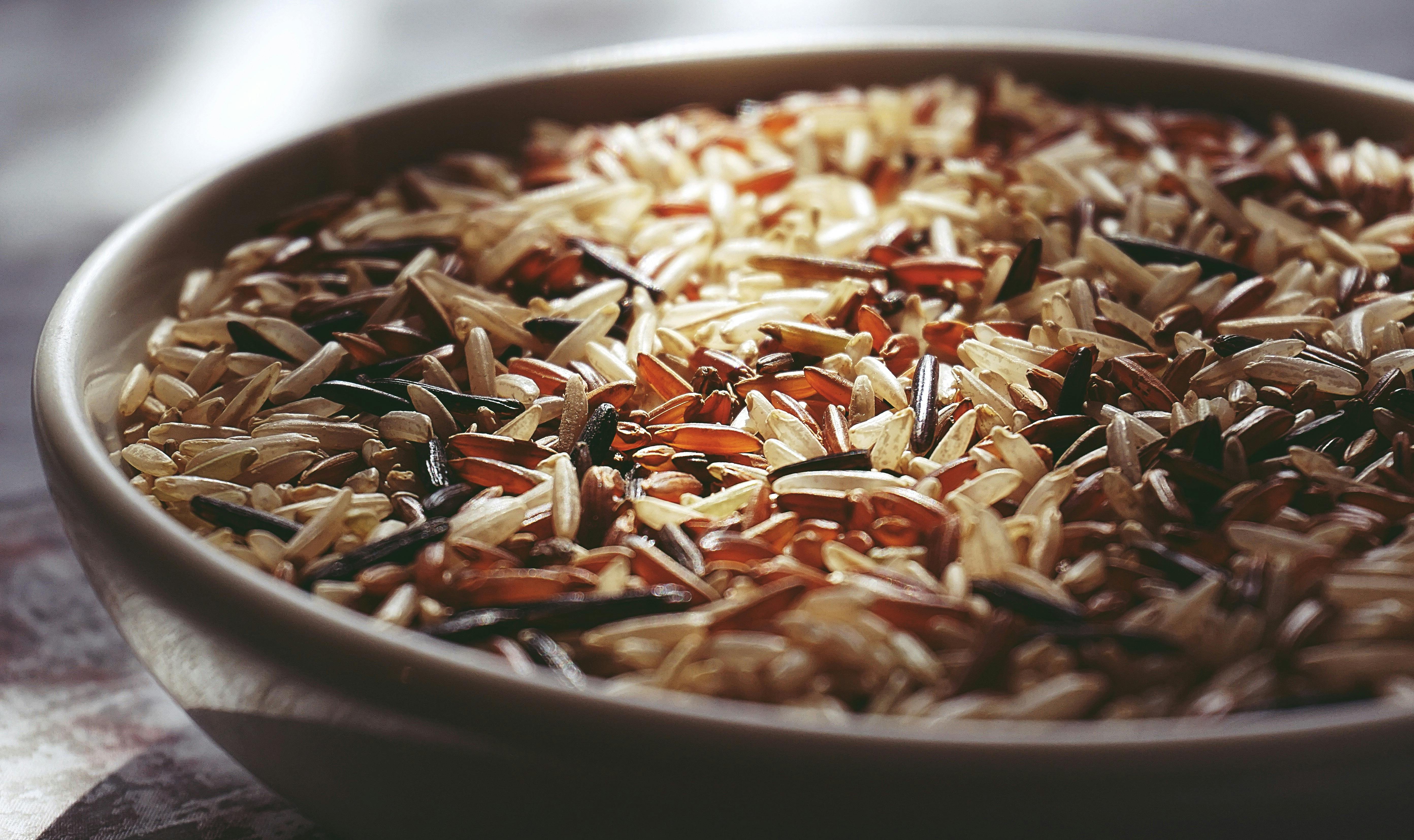Hey fitness enthusiasts! If you’re on a journey to get stronger or improve your physique, you might be wondering: Can you build muscle while in a calorie deficit? It’s a great question and one that has been debated by many in the fitness community. In this post, we’ll break down the science, explore practical strategies, and offer some tips to help you on your muscle-building journey, even if you’re cutting calories.
Understanding Muscle Building and Calorie Deficit
To begin, let’s clarify what it means to be in a calorie deficit. This occurs when you consume fewer calories than your body burns, prompting it to use stored energy (fat) for fuel. On the other hand, muscle building, or hypertrophy, typically requires a calorie surplus—meaning you consume more calories than you burn. This is where it gets interesting: is it possible to build muscle while losing weight?
According to a study published in the Journal of Sports Science and Medicine, while it’s challenging to gain muscle in a deficit, it’s not impossible, especially for certain groups like beginners, those returning after a break, or individuals who have a significant amount of fat to lose.
The Role of Protein
One of the critical factors in building muscle is protein intake. Consuming adequate protein while in a calorie deficit can help you maintain, or even gain, muscle mass. The general recommendation is to aim for around 0.8 to 1 gram of protein per pound of body weight. For example, if you weigh 150 pounds, your daily intake should be between 120 to 150 grams of protein.
Research shows that a higher protein diet can help preserve lean muscle mass during weight loss. A study in the American Journal of Clinical Nutrition found that participants who increased their protein intake experienced better muscle preservation during calorie restriction.
Training Smart
While nutrition plays a vital role, training is equally crucial. Resistance training is your best friend when it comes to building muscle, even in a calorie deficit. Focus on compound movements like squats, deadlifts, and bench presses, which work multiple muscle groups and stimulate growth.
Aim for at least 3 to 4 strength training sessions per week, incorporating progressive overload—gradually increasing the weights or resistance to challenge your muscles further. A well-structured program can help you maximize muscle gain while minimizing fat loss.
The Importance of Recovery
Don’t overlook the role of recovery in muscle building. When you’re in a calorie deficit, your body may be more susceptible to fatigue and overtraining. Ensure you’re getting enough sleep (7-9 hours per night) and managing stress through techniques like yoga or meditation. Both sleep and stress management are crucial for recovery and hormone regulation, which can impact muscle growth.
Additionally, consider incorporating active recovery days or recovery runs, where you engage in low-intensity activities like walking or cycling. This can aid in muscle recovery and keep you on track with your fitness goals.

Supplements: Do They Help?
While whole foods should be your primary source of nutrients, certain supplements can assist in muscle building during a calorie deficit. Whey protein is a popular choice for easily increasing your protein intake. A study in the Journal of Nutrition suggests that whey protein can be effective in supporting muscle protein synthesis when consumed post-workout.
Creatine is another supplement worth considering. It helps improve strength and can support muscle gain, even in a calorie deficit. A review published in the Journal of the International Society of Sports Nutrition highlights that creatine can enhance performance in resistance training and may help preserve muscle mass.
Managing Expectations
It’s important to set realistic expectations when trying to build muscle in a calorie deficit. While some may see progress, it’s essential to understand that the gains may not be as significant as if you were in a caloric surplus. Progress may also be slower, and body composition changes can take time. Focus on the journey rather than just the end goal, and celebrate small victories along the way.
So, can you build muscle in a calorie deficit? The answer is yes, but it comes with caveats. Adequate protein intake, smart training, proper recovery, and realistic expectations are key components of this process. While it may be challenging, with the right approach, you can maintain and even build muscle while trimming body fat.
If you’re looking for more tips or want to share your experience with muscle building, feel free to leave a comment below! Happy lifting!



